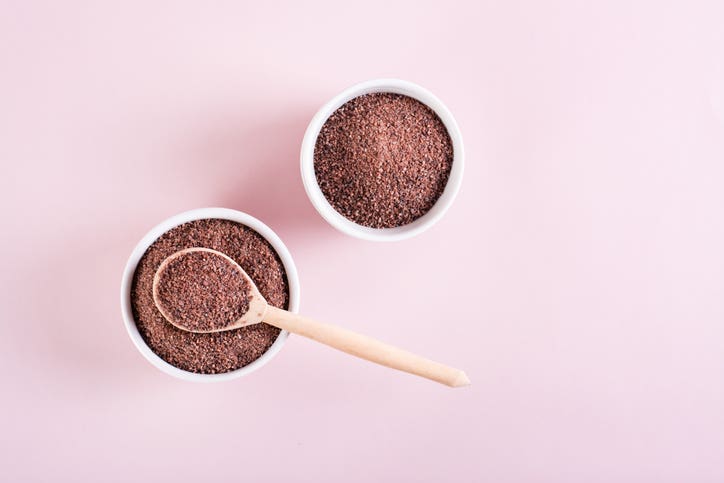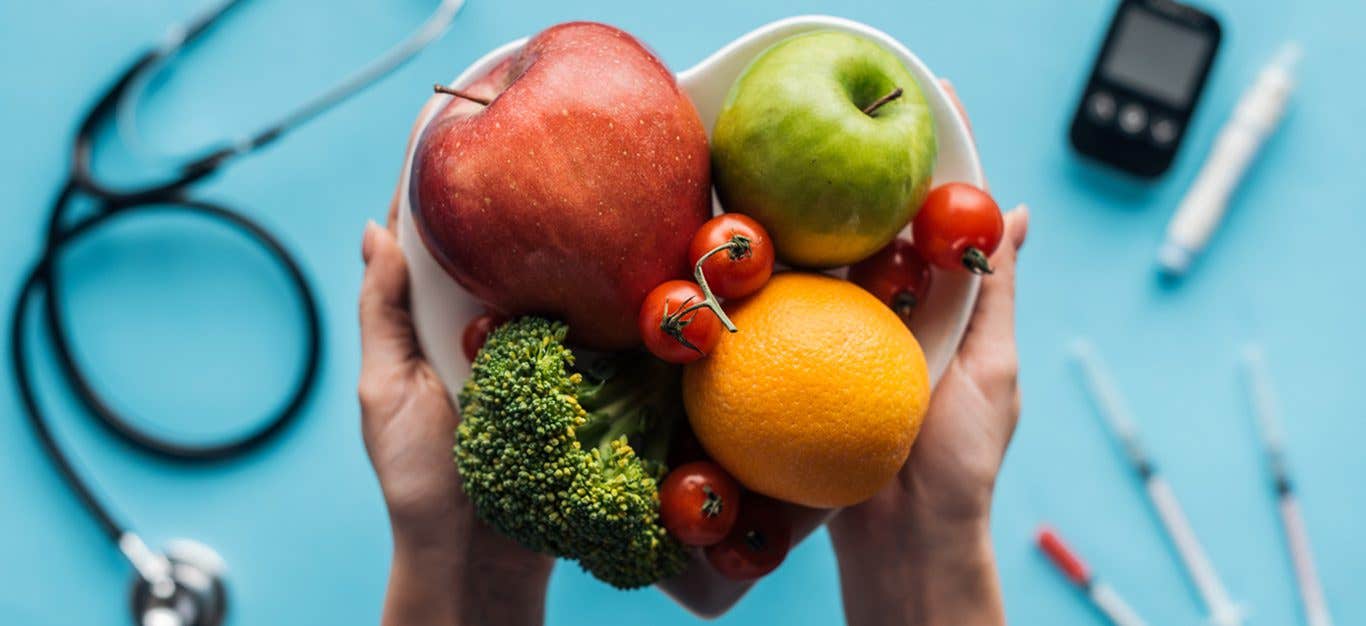Since the early weeks of the pandemic, we’ve known that cardiovascular disease increases the risk of getting severely ill and dying from COVID-19. Now there’s a growing body of evidence that the virus may cause lasting cardiovascular issues, even in people who previously had none. At the 2020 Plant-Based Nutrition Healthcare Conference, Kim A. Williams, Sr., MD, FACC, and William Li, MD, shared the latest research on COVID-19 and cardiovascular health.
A ‘Second Epidemic’
Li, who is president of the Angiogenesis Foundation and has published COVID-19 research in The New England Journal of Medicine, said that the long-term cardiovascular damage in COVID-19 patients may be serious and widespread enough to constitute a “second epidemic.” “This virus causes a lung infection,” Li noted, “but it also makes a beeline for the vascular endothelial cells,” destroying them “from the inside out.” Endothelial cells line the blood vessels throughout the body. In addition to causing blood clots, endothelial damage leads to circulatory problems and subsequent damage to organs.
Li cited a recent JAMA Cardiology study that looked at 100 patients who had recovered from COVID-19. The patients had relatively few pre-existing conditions, and more than half had recovered at home, without any hospitalization. Yet medical imaging showed that 78 of these patients had some form of residual cardiac damage, and 60 had an inflamed heart muscle.
Vascular damage accounts for some of COVID-19’s seemingly disparate symptoms, including anosmia—the loss of a sense of smell. “We can lose our sense of smell from lots of different respiratory viruses, but this clearly is one of the cardinal signs of this infection,” Li said. “Well, now we've been able to figure out what happens. When you breathe in this virus, it actually affects your vascular endothelium and starts damaging the circulation supporting the olfactory glands.”
The vascular component of COVID-19 may also explain why some patients experience trouble breathing and elevated heart rate even months after overcoming the viral infection, according to a Sept. 14 Washington Post op-ed Li co-authored with former FDA commissioner Andrew C. von Eschenbach, MD.
Dual Pandemics: COVID-19 and Heart Disease
In a separate presentation at the conference, Dr. Kim Williams, former president of the American College of Cardiology, described heart disease and COVID-19 as “dual pandemics” with the same risk factors. He pointed to high blood pressure, which elevates risk of serious illness and death from COVID-19. “Hypertension really does vascular damage, and COVID-19 damages blood vessels further, which means that people with pre-existing blood vessel damage or microvascular disease from hypertension are going to suffer more,” he said.
Williams also noted the link between COVID-19 and cholesterol, citing a recent study that found the virus needs cholesterol in order to approach cells for infection, and that the more cholesterol is present, the more opportunities the virus has for entry. “Anything that you can do to lower your ... cholesterol, even during an infection, seemed to be helpful,” Williams says.
Williams and Li both advocate a healthy plant-based diet because of its ability to significantly lower blood pressure and cholesterol levels.
“Whole foods—plant-based—are good for our blood vessels. They keep our endothelial cells robust and healthy,” Li said in his PBNHC lecture. “And if we needed another reason [to keep our blood vessels healthy], COVID-19 gives us a really great reason.”

Related News
Get Our Best Price On The Forks Meal Planner

Forks Meal Planner takes the guess work out of making nutritious meals the whole family will enjoy.
Master Plant-Based Cooking!

Our new course features over 100 lessons, 50+ recipes, downloadable guides, and more!



